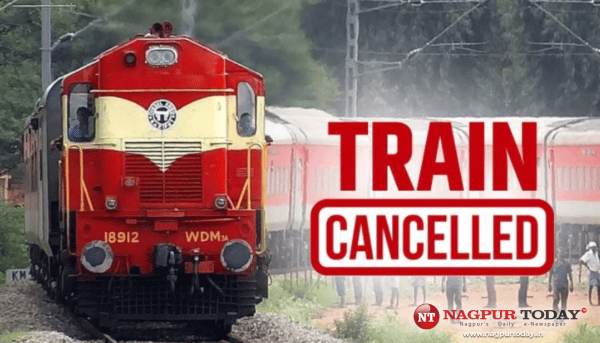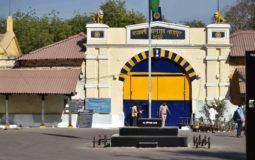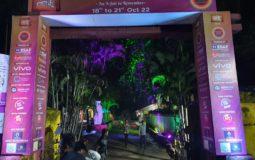
Nagpur: The decision of Central Railway (CR) to run Diwali special train has not gone down well with travellers who are questioning its rationale and the timing of announcement. First they cancel the regular train and then smartly knowing well that options are limited for travellers, the railways quietly run a special train on Pune-Nagpur-Pune route.
Explaining the disadvantages of special service, Satish Yadav, Member, Zonal Railway Users Consultative Committee (ZRUCC), said CR is running a LHB rake instead of regular ICF one and this means sleeper class coaches are going to be reduced to just five. In regular long distance trains, there are nearly 10 to 12 sleeper coaches, but with LHB rakes air conditioned coaches are more in number. And since Central Railway has decided to run the Diwali special on special charges, in simple terms it means travellers would have to work out extra fare over the normal one, as officials try to milk the opportunity to the fullest. So on an average railways are going to charge 20 to 30 percent extra from the travellers who opt for travel in special trains, Yadav said.
Brijbhushan Shukla, Member, Zonal Railway Users Consultative Committee, commenting on the matter said it’s quite an irony that railways though terminated regular trains on technical grounds but yet they are planning to run a special train as it means they can fix special charges. The situation is basically exploitation by railways of its monopoly position in in-land travel. Both Yadav and Shukla have approached Union Minister Nitin Gadkari and complained to them about unfair practices of railways and sought his intervention to ensure travellers on Pune-Nagpur route are not exploited.
They urged Gadkari to take-up the matter with the Railway Minister and ensure that regular trains are not cancelled in such fashion as it amounts to taking travellers’ interest for granted. What is more surprising is total silence on part of public representatives on the stance of railway authorities in piling agony of sorts on the travellers from the region.
The travellers’ bodies said in other regions the situation is exactly opposite as in such scenarios the public figures there would have mounted such a pressure on railway authorities and ensured that such hasty decisions are avoided. Also the meek surrender on part of travellers in the region is also questionable and unless they raise their voice during such erroneous decisions, the railways are always going to take them for granted, felt Yadav and Shukla.














